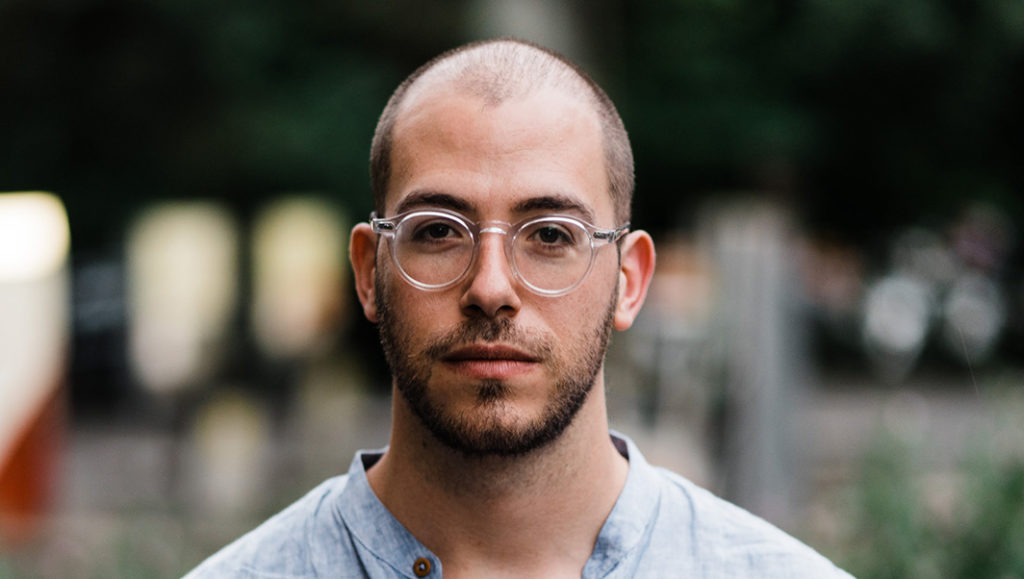Exclusive Interview: Pop Culturalist Chats with Inherit the Viper’s Anthony Jerjen

If you’re making your directorial feature film debut, make sure you follow in Anthony Jerjen’s footsteps. Find an enthralling and timely story and fill your film with an incredible cast of actors (Josh Hartnett and Bruce Dern, to name a few). Drawing on his past experience as a writer, editor, producer, and cinematographer on several short films, Anthony Jerjen brings Inherit the Viper, a film about the U.S. opioid epidemic to the screen.
We chatted with Anthony about the film, working with actors, and what he’s hoping audiences will take away from Inherit the Viper.
PC: What was your inspiration behind Inherit the Viper?
Anthony: Andrew Crabtree wrote the original script. The first time that I read it, I didn’t know much about the opioid crisis in the States; I’m from Switzerland. Back in 2016, that wasn’t widespread information. It was dramatic and tragic, and a complex subject that Andrew was trying to approach with this thriller element. I thought it was a good idea to tackle this social issue with drama elements. He was trying to see a political and social issue through the lens of a genre movie, like something they did in the seventies. Andrew’s from the Appalachian region so he’s seen and lived through it. I loved how he approached it.
Anthony: That’s a really tough question. I think doing shorts teaches you how to do things when you don’t have a lot of time and money. That mindset helps when you’re under pressure to get something done. Inherit the Viper was a low budget film, and we were on a really really tight shooting schedule. We had to find what was important and necessary to the story.
PC: Did anything surprise you about this experience?
Anthony: That’s a good question. Nothing surprised me per se. You have to be more focused. I don’t think I expected the relationships that developed with the actors. When you’re working together for three weeks and have gone to hell and back it helps you form a real bond. It’s like traveling with friends. You spend a lot of time together, and you learn different things about each other.
PC: As your relationships with the actors developed, did that influence or change your directing style?
Anthony: That’s a really, really good question. I think it made me more comfortable giving directions because I learned each actor’s process. So if someone is very result-oriented, then you can be direct with them. Others need more discussion about the psychology of the character. I’m sure more experienced directors can do it even faster for actors that they just met.
PC: With the film out now, what do you hope that audiences that see it walk away with?
Anthony: I think that this will be one of the first movies–that is not a documentary–really set with, as a background, the opioid crisis. But, I really hope to get the conversation started again. Now, it’s much, much different. I know it’s always in the news, and there is this new Bill that is on the floor called the Opioid Workforce Act so people discuss the subject and that topic. I was just trying to tell a story about people living their lives and that’s in the backdrop so maybe we’ll see how people discuss that. This is another opportunity to bring back the subject for discussion.
To keep up with Anthony, follow him on Instagram. Catch Inherit the Viper on in select theaters, on digital, and VOD today!


Discussion about this post